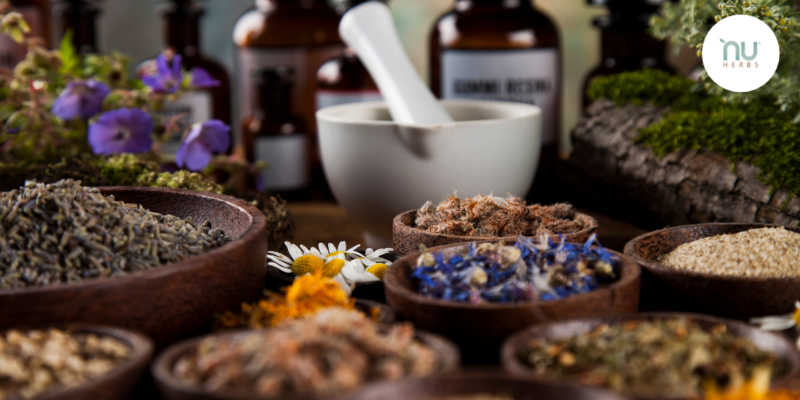
There's a lot happening in suppy chain management these days. From lessons learned from COVID-19 to meeting new labeling requirements, brands and manufacturers are carefully watching the botanical and herbal supply chain as new challenges present themselves each month. Here are three of the latest articles Wilson shares his expertise in to help you navigate.
Botanical and Herb Suppliers are Carefully Monitoring Supply and Logistics in 2021
At the beginning of the year, Wilson talked about the importance of building a strong herbal supply chain by stabilizing and developing deeper relationships with your suppliers. As we entered Q2 and started to see consumer spending increase, we started to see new stresses on the supply chain due to the increased demand for immune-health products. Many herbal product manufacturers began to experience ingredient shortages and logistics issues.
The demand for botanicals that are associated with immune-health isn’t going to slow down. Whether their Eastern or Western herbs, manufacturers and brands are looking for ways to continue production on products they already make, as well as create new ones.
As Wilson recently told Nutritional Outlook, “The most famous immunity herb in Traditional Chinese Medicine is astragalus, so it’s no surprise that it’s the winner as far as increase in demand.” Despite shortages some buyers are experiencing, Nuherbs continues to procure ample supplies of organic astragalus because our company has its own growing area in China as well as a backup option.
Our flower extracts, like honeysuckle, were new to the market, but we were able to manage the demand for them to include in immune-health formulations because of how we have built our supply chain. While the world is steadily moving forward, we do predict supply chain shortages to continue for the remainder of 2021. For more insight, read the full article.
Herbal Companies Reflect on Lessons from the COVID-19 Crisis
The impacts of COVID-19 have been unparalleled. Companies have faced unprecedented demand, ingredient supply shortages, ongoing logistical and transportation challenges, and pressure to adapt business practices to a rapidly evolving world, while also ensuring employee safety and product quality.
In the first few months of 2020, demand increased for herbal products traditionally used for immune support, particularly in markets where traditional medical protocols like Traditional Chinese Medicine (TCM) and Ayurveda have high use. Global supply regions seem to be recovering, but anticipating the future is increasingly difficult as uncertainty continues to be the only constant.
“China has bounced back strongly since the beginning of the pandemic, and things are relatively normal,” Wilson Lau, told the American Botanicals Council. “I think the new challenge is projections — how much material will our customers, and their customers, need? We can’t just turn on the spigot overnight, which is why forecasting is important.”
As manufacturers, brands, and suppliers adjust to what they call “The New, Post-COVID Normal,” their concerns are starting to expand beyond the ingredient supply chain. Adulteration, the need for increased testing, pricing pressures, standardization, logistical and labor issues are creating a snowball effect. To learn more about how brands large and small are addressing these issues, read the full article here.
Nutritional Outlook: Botanical and Herb Supply Update 2021
Many brands and manufacturers look for proprietary ingredients in order to develop supplements, food and beverage products. Wilson talked with Nutrition Industry Executive about how working with well-established suppliers that have trusted relationships with growers and a track record of helping customers solve product development problems is more important than ever. He also discussed how the need for proprietary ingredients has skyrocketed and that Nuherbs Bespoke Extracts are helping manufacturers secure hard to find botanicals such as Echinacea, Honeysuckle and Hibiscus. To read the entire update, you can find it here. You can also learn more about managing supply chain shortages and planning here.